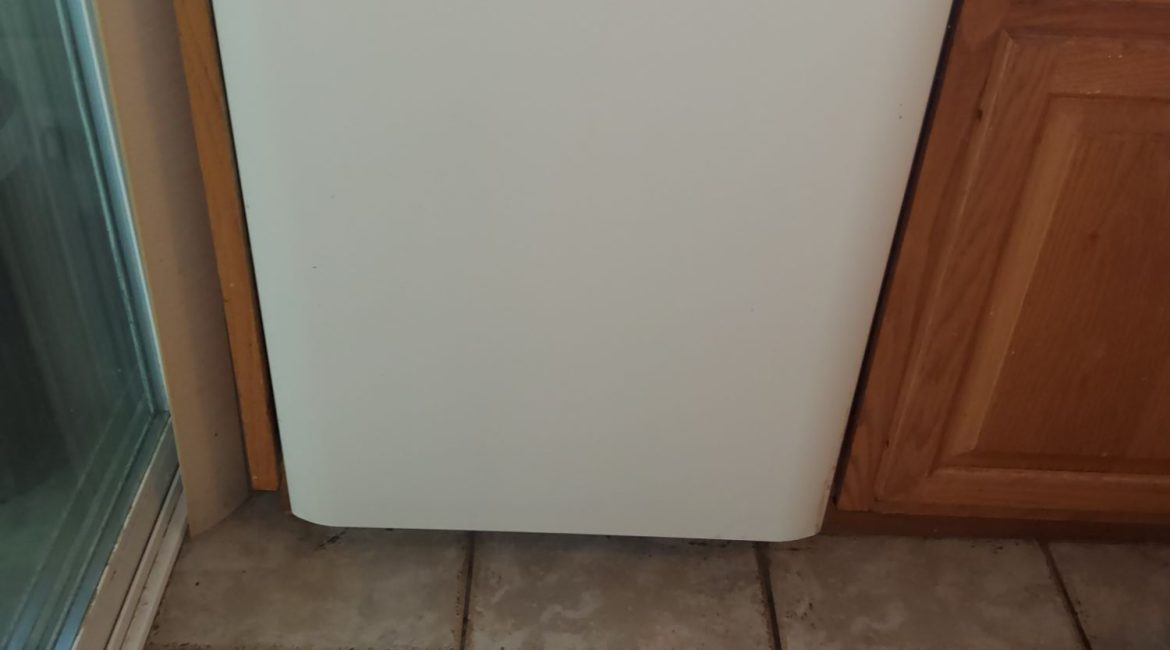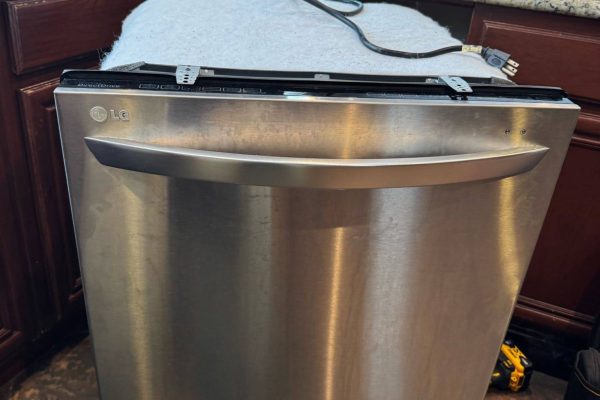A dishwasher is one of the most convenient appliances in any household. It saves time, conserves water, and ensures that dishes are cleaned and sanitized effectively. However, there are times when this reliable kitchen helper develops unpleasant odors, leaving dishes smelling less than fresh even after a full cycle. One of the most common complaints homeowners face is a foul smell coming from the dishwasher immediately after use. This usually points to one of two issues: food residue trapped in the filter or buildup in the drain hose. Understanding these causes, as well as how to address them, is essential for keeping your dishwasher in peak condition.
Why Does a Dishwasher Smell After a Cycle?
Dishwashers deal with food particles every time they run. While most of the debris is flushed away with water during the cleaning process, small particles often get trapped in certain parts of the machine. Over time, this leftover residue can create the perfect environment for bacteria and mold to thrive, leading to unpleasant odors.
The two primary culprits are:
- Food Residue in the Filter
Modern dishwashers come equipped with filters designed to catch food scraps before they enter the drainage system. This prevents clogs and keeps the machine running smoothly. However, if the filter isn’t cleaned regularly, it becomes coated with grease, soap scum, and decaying food particles. This buildup is one of the fastest ways to generate foul smells inside the appliance. - Buildup in the Drain Hose
The drain hose carries wastewater out of the dishwasher and into the home’s plumbing system. Over time, grease, food particles, and soap residue can cling to the inside of the hose. If the hose becomes partially blocked or coated, dirty water may linger, allowing bacteria to multiply and causing a persistent odor that doesn’t go away even after multiple cleaning cycles.
How to Address Food Residue in the Filter
Cleaning the filter is often a straightforward fix that homeowners can perform themselves:
- Locate the filter: Typically found at the bottom of the dishwasher, beneath the lower spray arm.
- Remove it carefully: Most filters can be twisted and lifted out.
- Rinse thoroughly: Run the filter under warm water, scrubbing gently with a soft brush to remove debris.
- Soak if necessary: For stubborn grease, soak the filter in a mixture of warm water and mild dish soap before rinsing again.
- Reinstall correctly: Make sure it locks securely back into place.
Regular maintenance is key. Experts recommend cleaning the filter at least once a month, depending on how heavily the dishwasher is used.
How to Handle Drain Hose Odors
If the smell persists after cleaning the filter, the drain hose may be the problem. Cleaning or inspecting the hose is more complex and may require professional help:
- Check for kinks or clogs: A bent or twisted hose can trap food debris and water, leading to odor buildup.
- Flush with cleaning solution: Some homeowners run a vinegar and baking soda solution through the dishwasher to help break down buildup inside the hose.
- Inspect for damage: If the hose is old or cracked, it may need replacement to ensure proper drainage.
Because the drain hose is connected to the plumbing system, improper handling can lead to leaks or damage, so it’s often best to call in a qualified technician.
Preventing Future Odors
Taking preventive steps will help avoid recurring unpleasant smells:
- Scrape dishes before loading: While rinsing isn’t always necessary, removing large food scraps can prevent buildup.
- Run hot water cycles: Hot water helps break down grease and prevents bacteria growth.
- Use dishwasher cleaners: Specialized cleaning tablets or natural options like vinegar can help keep the machine fresh.
- Ventilate after cycles: Leaving the door slightly open after a wash allows moisture to evaporate, reducing the risk of mold.
When to Call a Professional
If you’ve cleaned the filter, flushed the drain hose, and taken preventive steps but the odor persists, the issue may be deeper within the machine. Problems such as blocked internal components, malfunctioning pumps, or plumbing-related issues could be at play. At this point, professional service is recommended to diagnose and resolve the problem before it worsens.
An unpleasant smell in your dishwasher can make even freshly washed dishes seem dirty. Most often, the cause is food residue trapped in the filter or buildup inside the drain hose. Regular maintenance, cleaning, and proper use can significantly reduce the risk of odors, but if the issue persists, professional intervention is the best solution.
If your dishwasher continues to smell or you suspect a more serious issue, don’t wait for the problem to escalate. Contact Oceanside Appliance Service Center for expert diagnosis and repair. Our technicians specialize in keeping dishwashers and other household appliances running smoothly, ensuring your kitchen stays fresh and functional. Call us today to schedule a service appointment and restore your dishwasher to optimal performance.
Contact us


